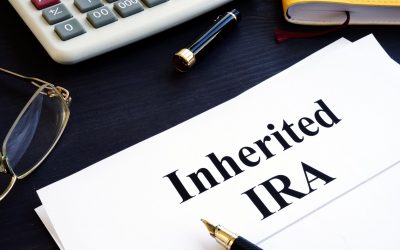
Working towards retirement, you may have a detailed plan on how to manage your finances so that you have enough saved by the time you leave the workforce. With no external income coming in, there will be a new rulebook on how to manage your retirement earnings, expenses, and investments – not just so that you can keep growing your portfolio – but so you can live comfortably. Financial literacy in retirement is therefore crucial to achieving the retirement you dream of and can be understood through the following basics.
Earning
In retirement, you start to pay yourself with money you earned and have invested throughout your career. This money may come from employer-sponsored retirement accounts, individual retirement accounts, and Social Security. It’s essential to understand your sources of income, how much is in them, how much you’ll be getting from them, and the best times to access each. For example, you are eligible for Social Security from age 62, but experts suggest waiting until age 70 as benefits will be higher due to delayed monthly credits.[1]
The trick is that how much you choose to earn is up to you, but it is recommended that you shoot to earn 80% of your previous income[2] by utilizing multiple income sources. You should also look out for how this new income is taxed and how your sources of income are affected by unforeseen taxes in retirement. Overall, the timeline for when to utilize the different sources of income you have will require a comprehensive plan based on your financial situation, assets, and goals.
Spending
Believe it or not, spending wisely is the key to retirement longevity. Your spending is dependent on your lifestyle relative to your earnings. If you opt for a similar lifestyle to that of your workforce days, you can predict how much you’ll be spending in your day-to-day life. However, in retirement, there may be new additions like hobbies and habits that should be financed, big purchases like homes and cars, and major financial decisions like relocating or traveling regularly.
You may also have home mortgages and car loans to pay off or an obligation to financially support your kids’ and grandkids’ education. All these costs need to be factored in when thinking about spending. Then, the most under-planned costs in retirement are healthcare and long-term care. You can only receive Medicare from age 65, and that will not include long-term care. In addition, Part B, which covers your regular doctor visits, for example, is not free! Therefore, when thinking about expenses in retirement, it’s beneficial to prioritize your health and long-term care as early as possible.
Understanding earning and spending in retirement are the first steps to financial literacy, empowering you to take control of your future. To further gain insight into your finances in retirement, sign up for a complimentary review with us.



